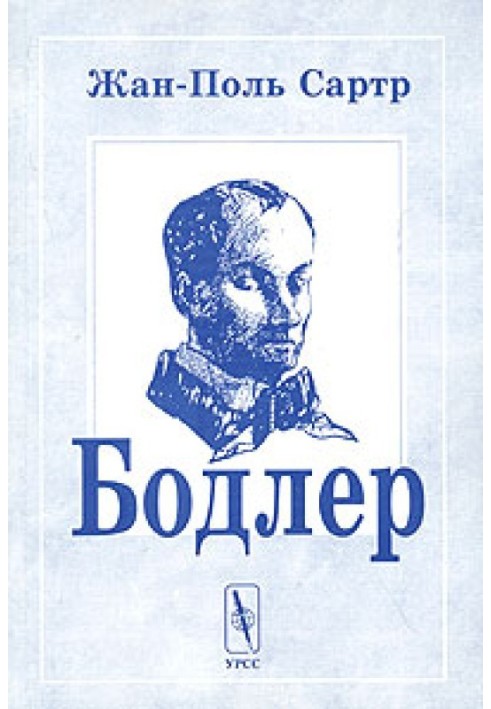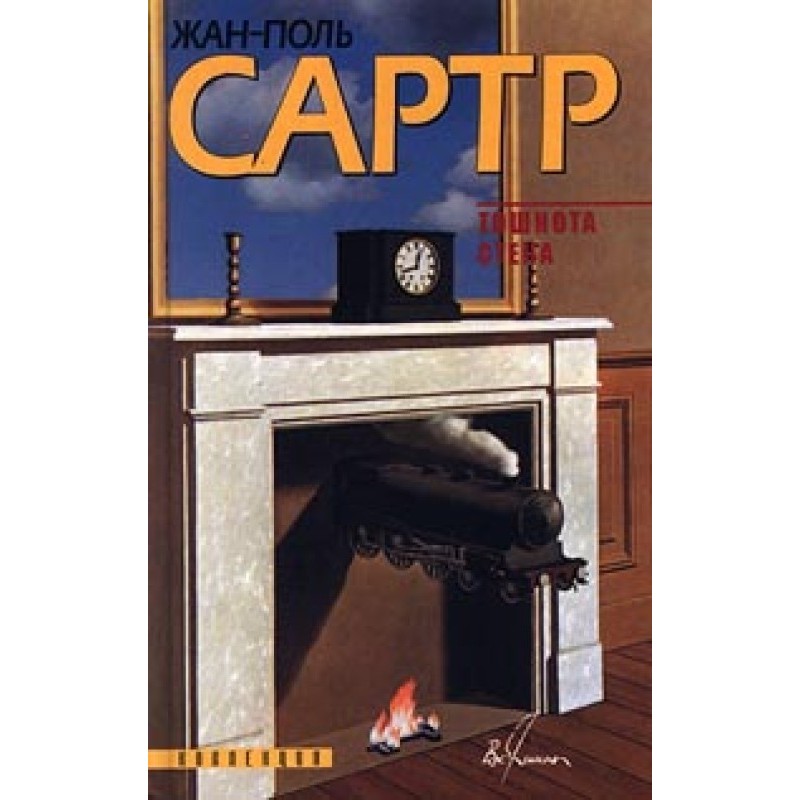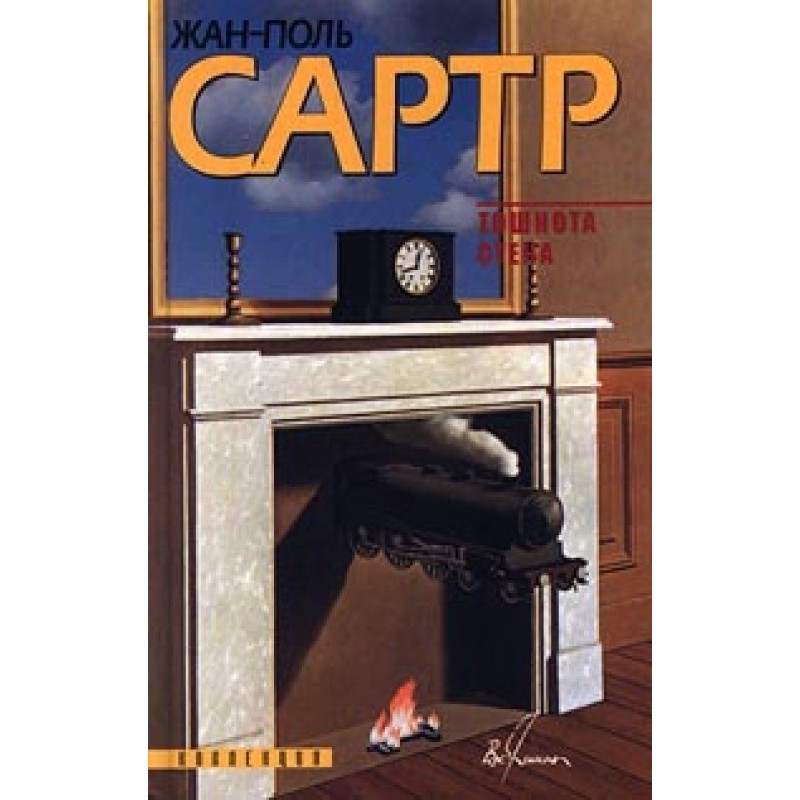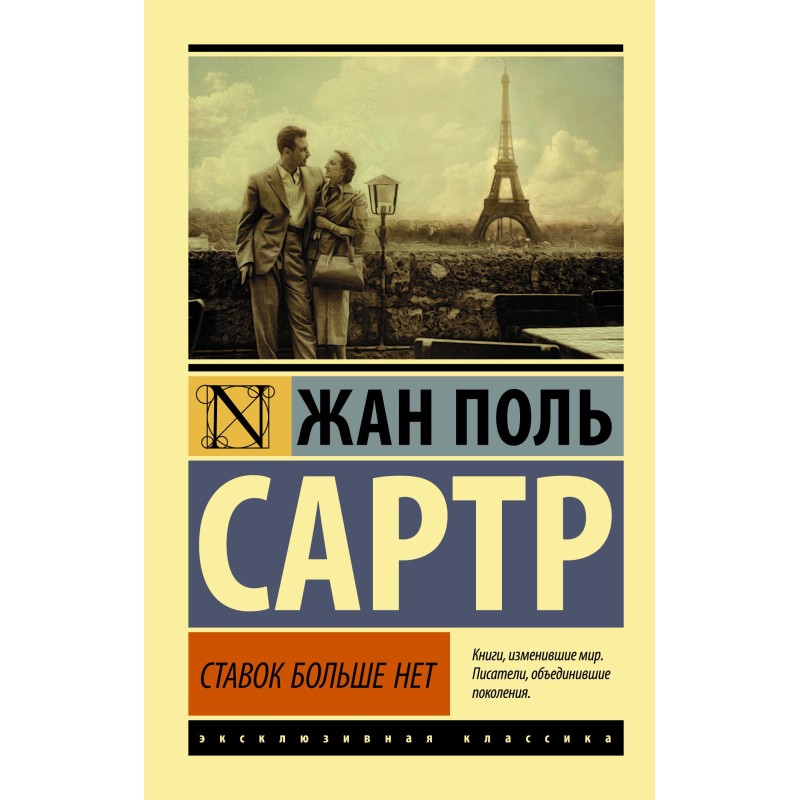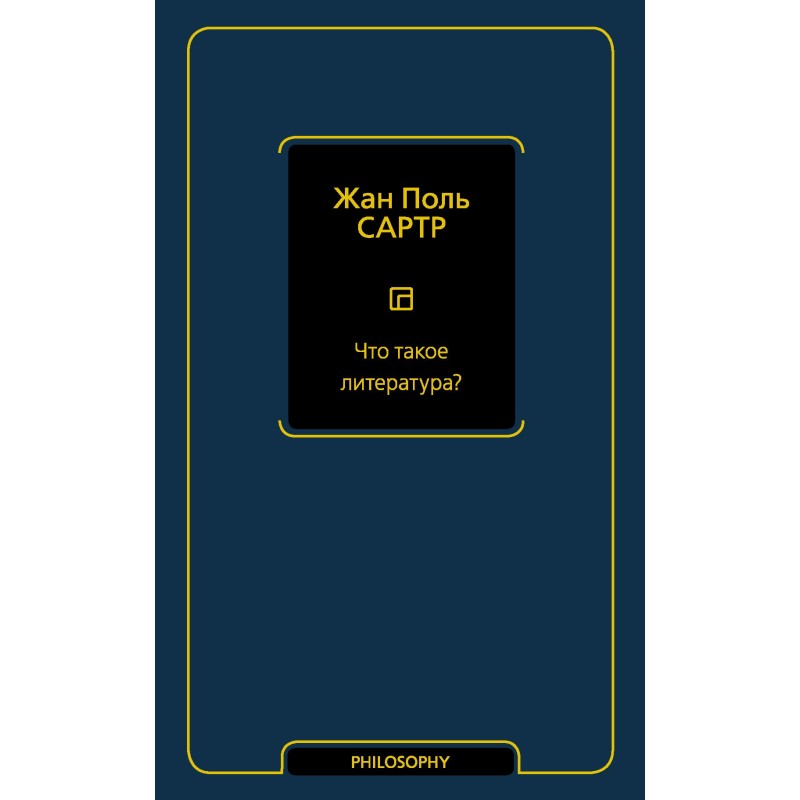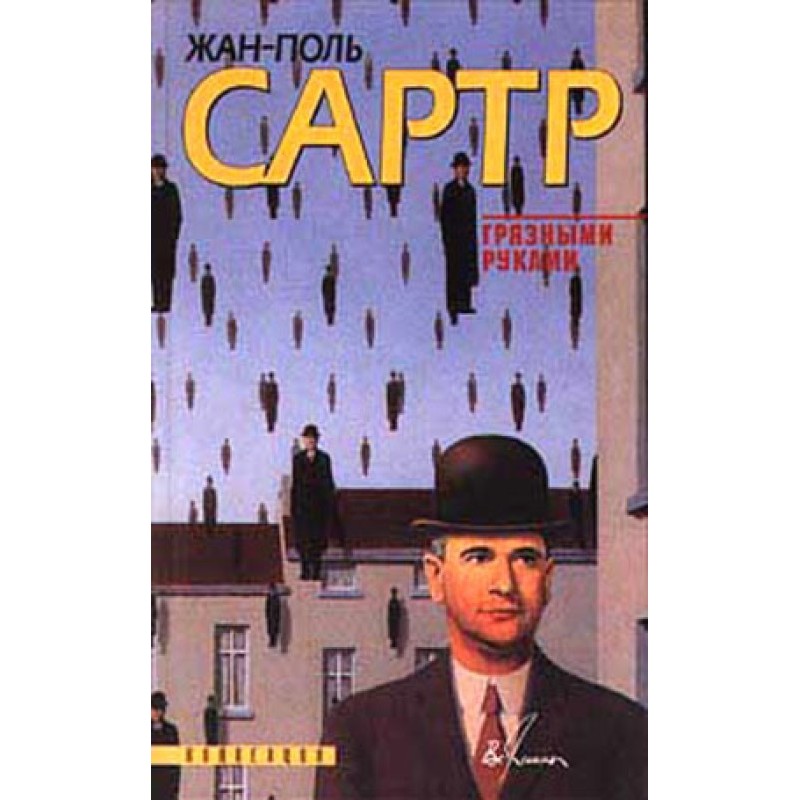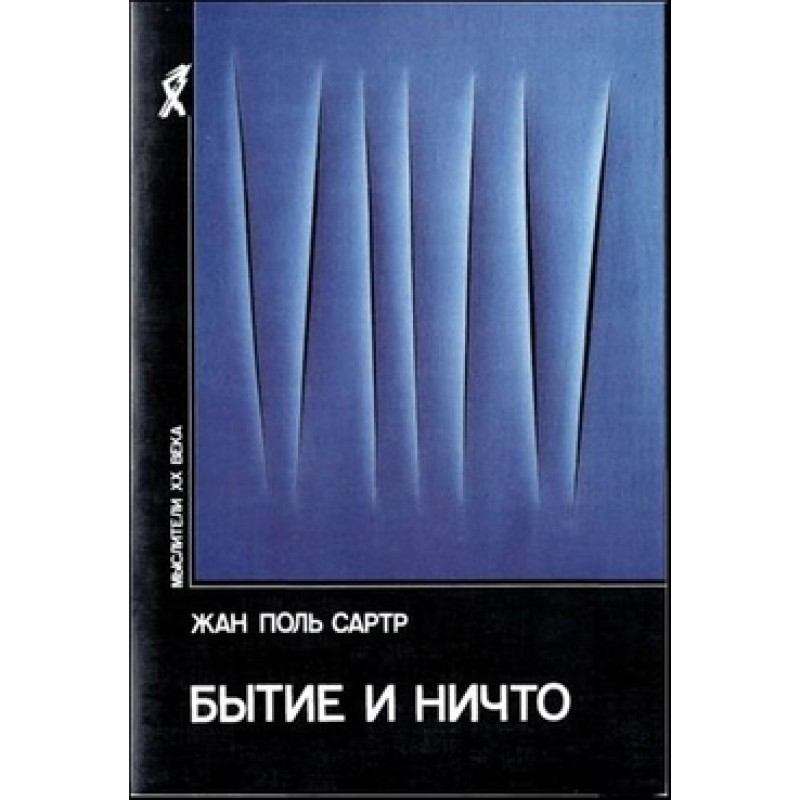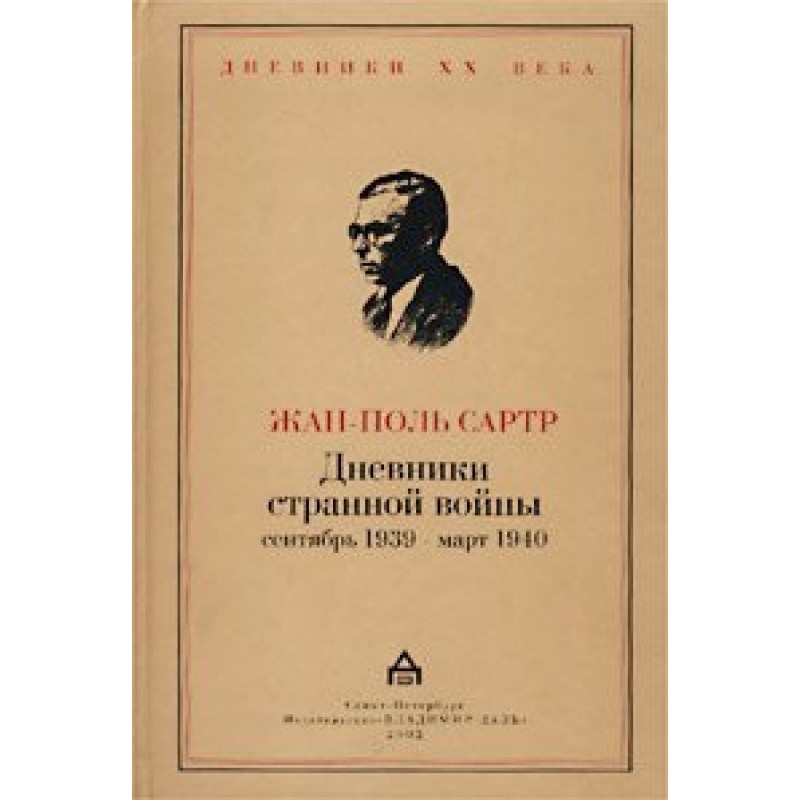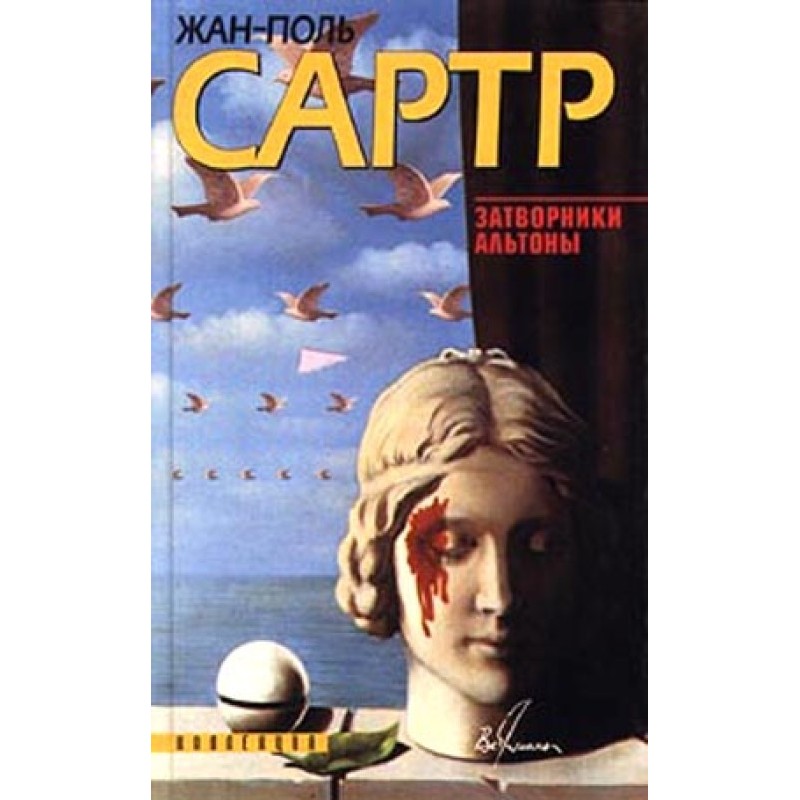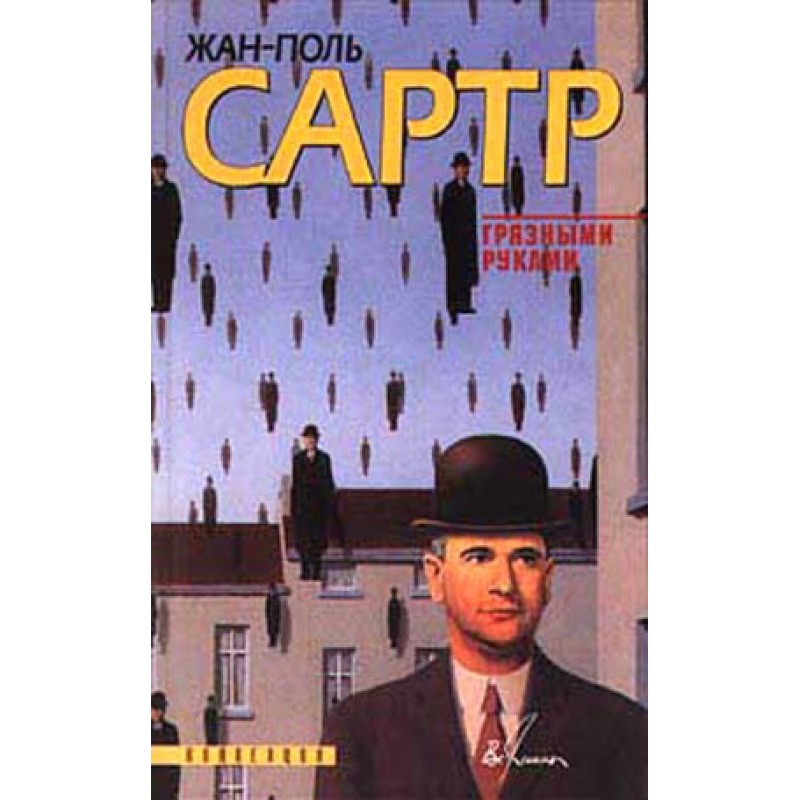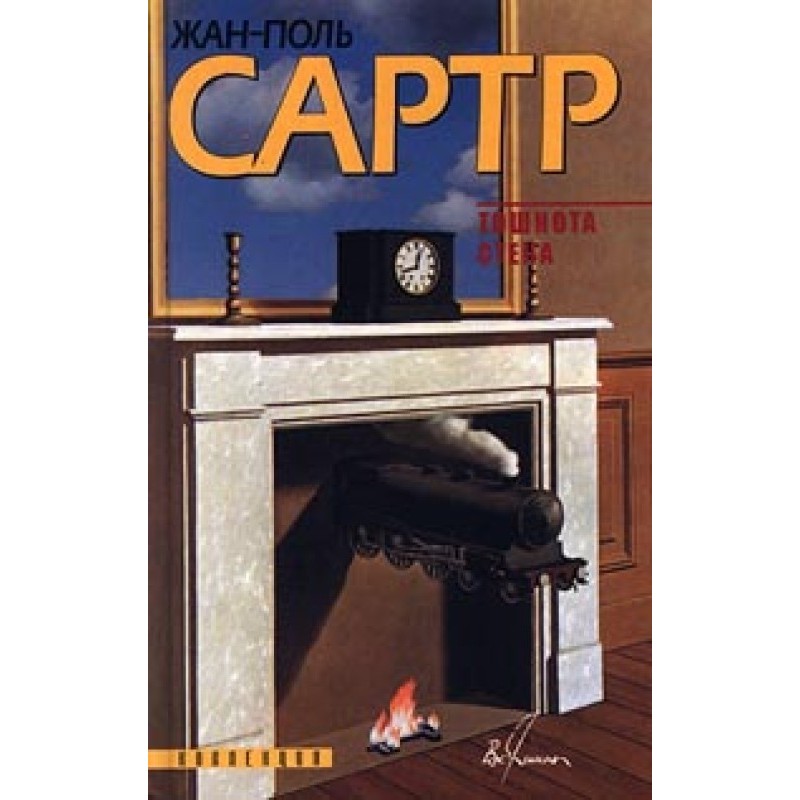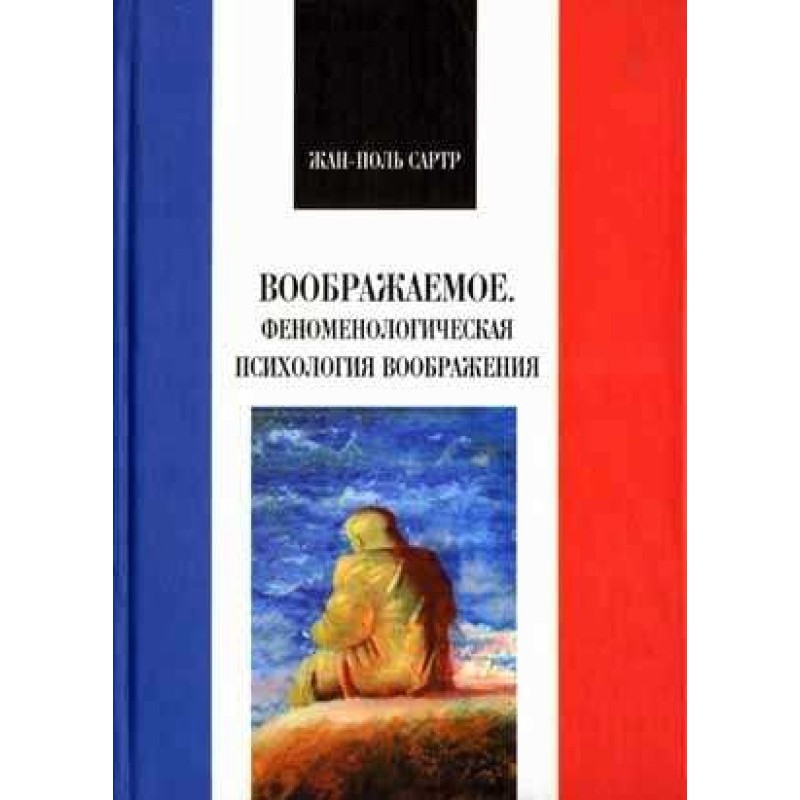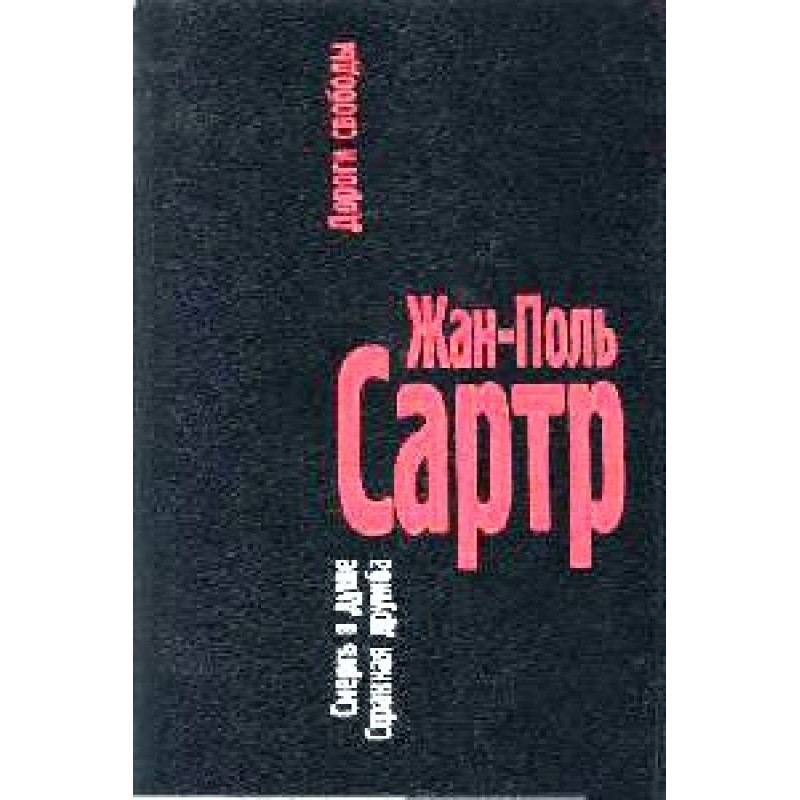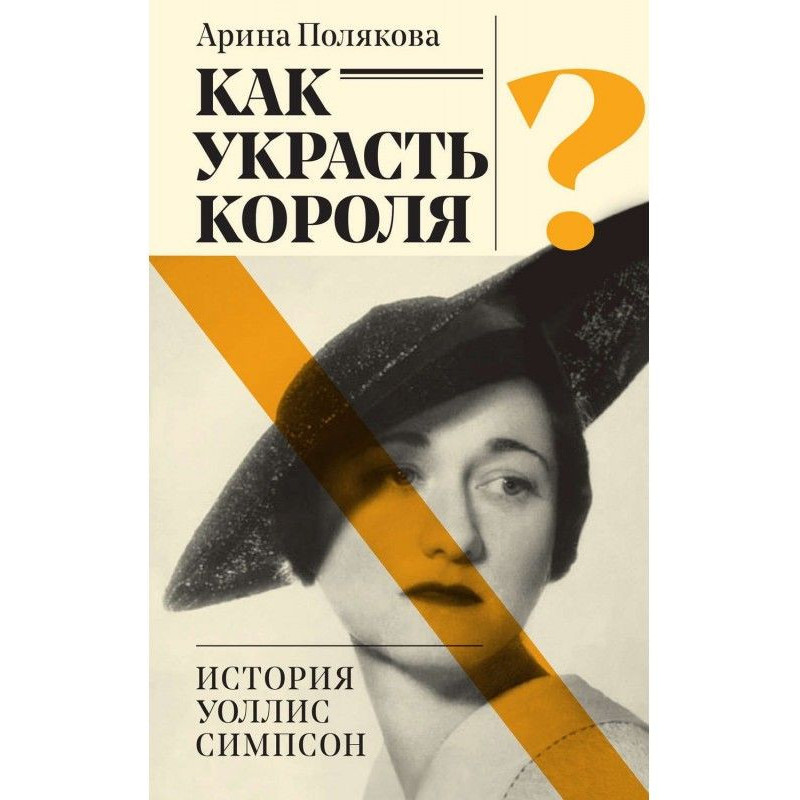Baudelaire
 Instant download
Instant download
after payment (24/7)
 Wide range of formats
Wide range of formats
(for all gadgets)
 Full book
Full book
(including for Apple and Android)
In this book, there was a clash between two “existential projects”, and Sartre the philosopher tried to subordinate Baudelaire the poet to his “project”. All of Baudelaire’s poetry is a convulsive rushing between the “delight of life” and the “horror” of it, between eros and thanatos, between feverish attacks of activity and failures into opium oblivion, between the “desire to ascend” and the “bliss of descent.” Sartre described these tossing as a product of the “bad conscience” of a person who did not dare to make a choice between “being” and “existence” and who suffered punishment for this in the form of his own, completely bleak fate. To this punishment, Sartre adds his merciless sentence, based on the interpretation of all the facts from the life of the “accused” as incriminating evidence - evidence of an existential crime. Sartre’s essay is brilliant. It is true, of course, that Baudelaire himself was to blame for the “defeat in life” he suffered. But it is no less true that it was this defeat that ensured his victory in a different way - literary, serving as the source of two lyrical masterpieces of the 19th century - "Flowers of Evil" and "Prose Poems".
Data sheet
- Name of the Author
- Жан-Поль Сартр
- Language
- Ukrainian
- Release date
- 2004

